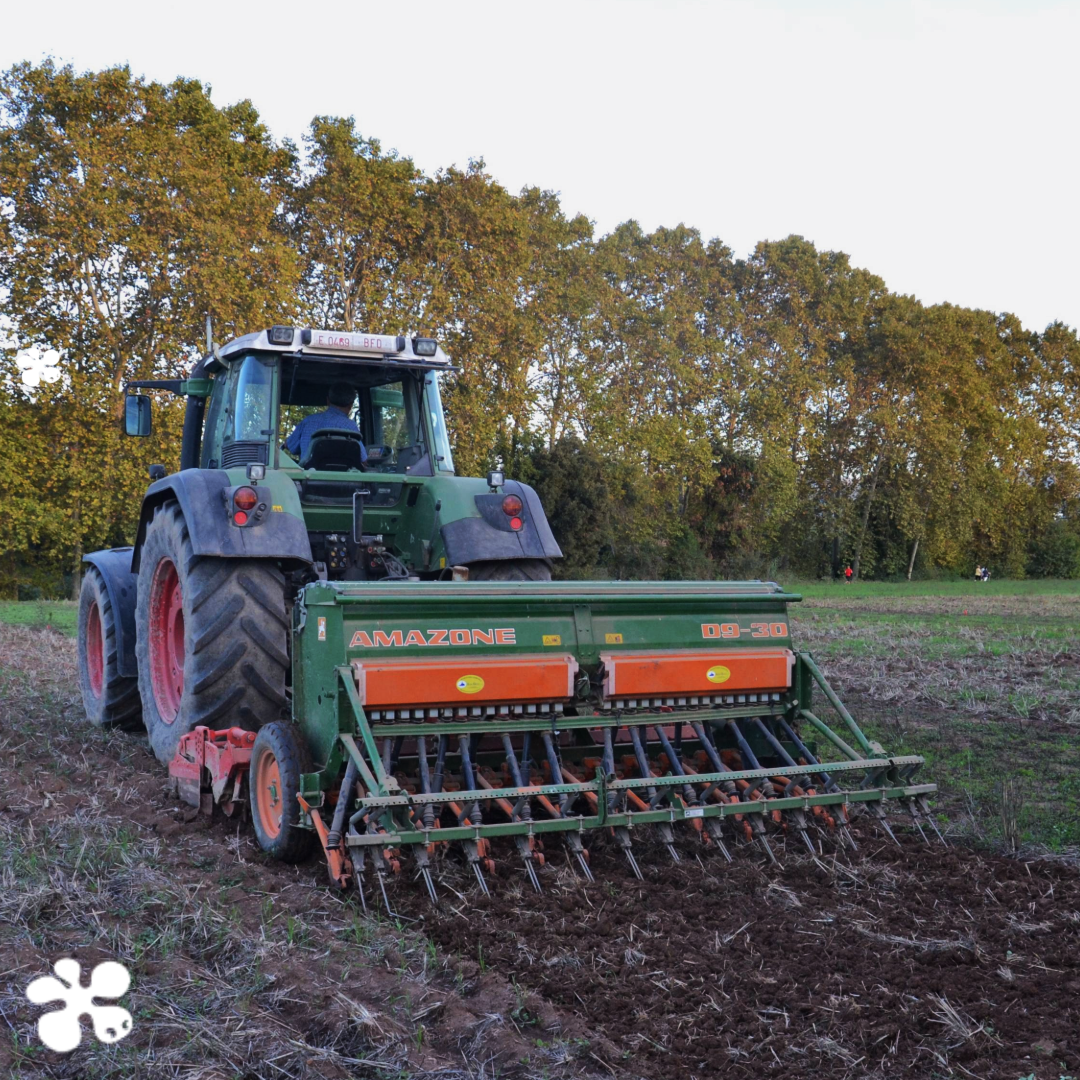Organic Farming as a key to reducing EU dependence on external resources
Promoting the use of more sustainable agricultural practices is an urgent political objective of the European Union, as set out in the European Green Deal and its related strategies. One of the central objectives of the Green Deal is to boost organic farming to achieve 25% of agricultural land managed organically by 2030. However, one of the main obstacles to the widespread adoption of this model is the lower yields of organic farming compared to conventional agriculture.
The European project OrganicYieldsUP: Improving yields in organic cropping systems aims to contribute to the sustainable increase of crop yields in organic systems by collecting and evaluating existing knowledge in a structured way and establishing a strong network of stakeholders in the sector. This project, coordinated by FIBL Europe - the European branch of the Forschungsinstitut für Biologischen Landbau - involves 15 European institutions, including the Biodiversity Research Institute of the University of Barcelona (IRBio-UB), through the Agroecology research group led by Dr. F. X. Sans.
OrganicYieldsUP: Improving yields in organic farming systems
To achieve the European Green Deal target, the current organic agricultural surface would have to be tripled and would require 700,000 farmers to enter the organic sector. One of the challenges for this conversion is that yields per hectare are lower in organic farming compared to conventional farming. Therefore, improving yields without reproducing the negative externalities of conventional farming is a critical challenge for the organic sector.
The OrganicYieldsUP project aims to incentivise organic farming by improving yields through the comprehensive collection and evaluation of existing knowledge. This will allow the design of sustainable management strategies that are relevant both for farmers and for EU agricultural policies.
During the project, a European network of test, experimental and demonstration sites in 11 countries with different climatic and soil conditions will be exploited. This will allow joint testing, design and demonstration of practices that improve organic crop yields. Furthermore, the network will connect researchers, farmers, advisors, and policymakers to jointly reflect on yield-enhancing strategies, drawing recommendations for the future research agenda and the development of EU policies relevant to organic production.
International collaboration, coordination, and knowledge transfer in organic farming
OrganicYieldsUP will develop a comprehensive database on crop yields, collected from more than 80 data sets including long-term experiments, field experiments and pilot plot monitoring, as well as information from the scientific literature. This database collects factors related to the crop cycle that can influence yield differences: varieties, rotations, soil and fertility management, application of phytosanitary products, weed management strategies, adverse weather conditions, etc. This analysis allows identifying the factors limiting production and suggesting strategies to minimize them.
The experience of the Agroecology research group in the meta-analysis of organic farming experiments has been key to its involvement in the project. The group will coordinate the collection of information from the networks of experiments in the 11 participating countries, ensuring the homogeneity and quality of the data. It will also be responsible for searching for alternative sources of information and imputing missing data, when necessary, to minimize problems during subsequent analysis.
Within the framework of the project, workshops will be held with professionals to visit model farms in different regions. This will allow a rapid exchange of knowledge and will encourage the joint design of strategies to improve the performance and resilience of organic crops, even in different climatic scenarios.
